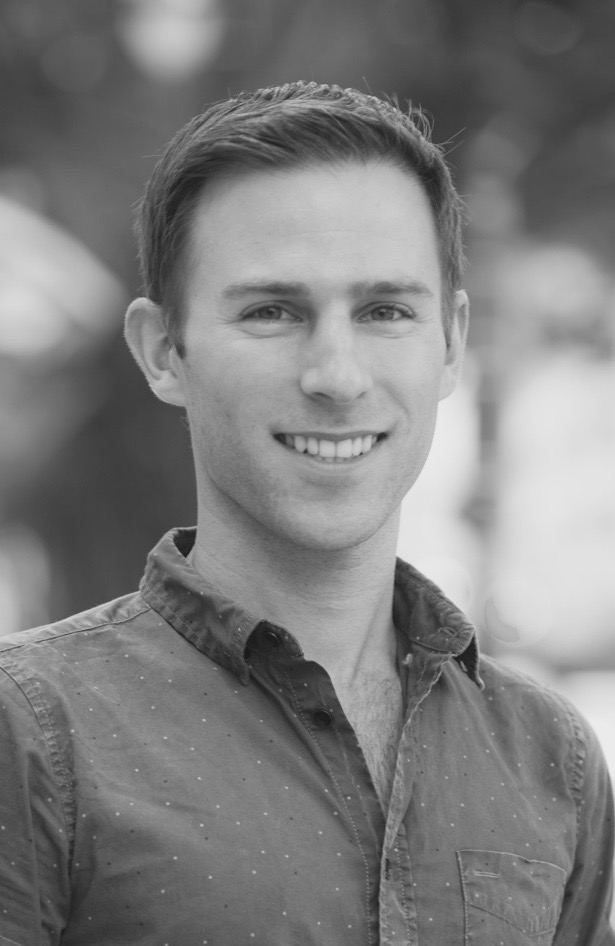By Patricia Mashiri and Byron Mutingwende
Both the society and the media are undermining sexual rights of minority groups, in contrast with the spirit of leaving no one behind as espoused in the Sustainable Development Goals (SDGS).
In his opening remarks at a workshop held in harare under the theme “Media engagement Workshop on Sexual Minority Rights” on 16 July 2017, Brian Pellot the Director of Global Strategy of Religion News Foundation said reporting on sexual orientation, gender identity and gender expression (SOGIE) could be tricky.
“Cultural taboos, entrenched stereotypes, social hostilities, legal prohibitions and editorial censorship often distort the coverage of these sensitive topics. Add religion to the mix and producing responsible journalism on sexual and gender minorities can seem impossible,” Pellot said.
It emerged that sexual and gender minorities remain disadvantaged, stigmatized and excluded from many aspects of economic, political and social life. Alarming levels of discrimination, prejudice and violence make these often marginalized and misunderstood individuals and communities particularly vulnerable to human rights violations.
Speaking on condition of anonymity, a male commercial sex worker plying his trade in the Avenues area of Harare said he suffered a tale of double discrimination from both men and women. On one hand, female commercial sex workers feel threatened by his ilk, which are accused of taking away their traditional potential clients. On the other, society generally denigrates men who have sex with other men. As a result, a group of commercial sex workers ganged up against him and hired thugs who broke his arm, resulting in him being hospitalized for more than a month.
An official with Saywhat, Jefta Tsamwi, said there is a need to place the sexual rights of minority groups in the context of academia – particularly among students in polytechnic, technical and teachers’ colleges as well as universities.
He said that minority groups in these institutions include students with disabilities, those living with HIV, those that fall pregnant at school, and lesbian, gay, bisexual, transgender, queer, and intersex (LGBTQI).
“Students at tetiary institutions of learning engage in sex. It is unfortunate that at most of these institutions, there is no provision of condoms, family planning tablets, anti-retroviral therapy (ART) and in some instances, no clincs on campus,” Tsamwi said.
Tsamwi bemoaned the fact that few institutions had deliberate programmes targeting LGBTIQ. Of major concern to him was the discriminatory language used by the media to portray these minority groups.
“If we are to reap the 90-90-90 targets of addressing HIV prevalence, we should employ strategies that leave no one behind, including programming that is friendly to minority groups. Journalists should avoid insensitive reporting and alarmism. One major example is a story that said ‘47% of UZ students HIV’ positive while another said MSU students were contributing to high HIV prevalence in Midlands,” Tsamwi said.
Davis Hofisi, the Zimbabwe Lawyers for Human Rights (ZLHR) advocate said that there was no law which excluded sexual minority groups in Zimbabwe.
Hofisi said that vertical violation of human rights of minority groups comes from the state in form of raids and horizontal violation comes from the private actors such as the church.
Sylvester Nyamatendedza, the Service and Policy advocacy Officer of Gays and Lesbians of Zimbabwe (GALZ) talked about the challenges which the LGBTQI community face.
Sylvester said that GALZ’s mission as an organisation is to promote, represent and protect the rights and interests of the LGBTQI.
“Our vision is just a society that promotes and protects human rights of LGBTQI people as equal citizens in Zimbabwe,” said Nyamatendedza.
Nyamatendeza said LGBTQI face many problems in the society. These include denial or poor services at hospitals and even at public events where they end up being beaten up because the society cannot accept them for who they are.
“There is limited or unavailability of comprehensive sexual reproductive health rights (SRHR) education and commodities such as water based lubricants and politicization of sexuality,” Nyamatendedza said.
Amina (not real name) – a victim, said that he had a difficult time at home when his family realised that he was gay. He was disowned from home, lost his family and he was labelled as sick and was taken to several prophets and traditional healers by his family.
He added that he had three kids not because it was his choice but it was the pressure he faced from home because the first marriage was arranged by his parents so he fell into the marriage to seek acceptance within the family.
“Im willing to disclose my status to my kids one day so that they will understand why I’m like this,” said Amina.
Journalists were urged to independently develop their knowledge of different belief systems and SOGIE (Sexual Orientation, Gender Identity and Expression) issues; avoid mentioning faith affiliation or SOGIE status when such information is not directly relevant to a story; and to carefully consider word choice and framing around sexual and gender minorities and followers of different faiths, among other recommendations.
They were also encouraged to avoid sensationalizing or capitalizing on marginalized identities and to take all measures possible to provide anonymity when necessary to protect the safety and security of individuals and communities.
